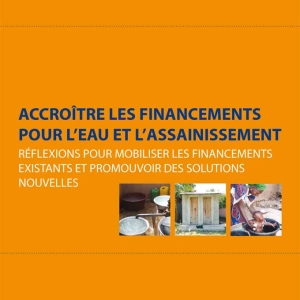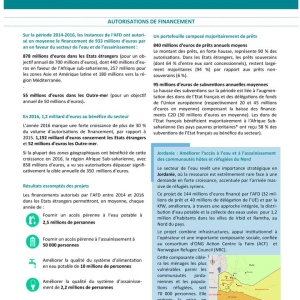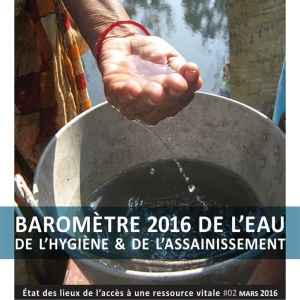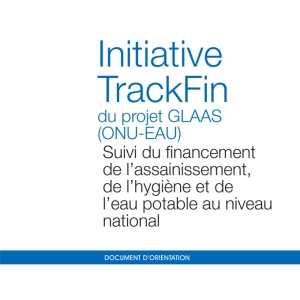Description
GUIDELINES ON THE RIGHT TO WATER IN AFRICA
The African Commission on Human and Peoples’ Rights (‘the African
Commission’) is the main African Union body charged with the promotion
and protection of human and peoples’ rights throughout the African
continent. A major milestone in the work of the African Commission has
been the significant attention brought to economic, social and cultural
rights.
On the eve of the thirtieth anniversary of the African Charter on Human and Peoples’ Rights (‘the African Charter’), the African Commission adopted the 2010 Principles and Guidelines on the Implementation of Economic, Social and Cultural Rights in Africa, also referred to as the Nairobi Guidelines’, and the 2010 Reporting Guidelines for Economic, Social and Cultural Rights in Africa, also referred to as the ‘Tunis Reporting Guidelines’. These instruments constitute the building blocks for the protection of economic, social and cultural rights in
Africa.
In 2015, through Resolution 300 on the right to water obligations, the African Commission
mandated its Working Group on Economic, Social and Cultural Rights to develop ‘principles
and guidelines on the right to water to assist States in the implementation of their obligations’.
The objective of the Guidelines on the Right to Water in Africa adopted by the Commission is to inform and support the work of States, while meeting their obligation to respect, protect and fulfill the individual and collective right to water, and in developing their periodic reports to the African Commission. By encapsulating in one instrument the interpretation developed by the Commission through its resolutions and case law over the last decade, the Guidelines provide clear guidance to States and civil society actors on the rights and obligations arising from the right to water.
These Guidelines inform the development of a comprehensive state-integrated strategy to address all water-related rights, which are by nature interconnected and interdependent. Thus the realisation of the right to sanitation and the right to a safe environment is a necessary precondition to ensure the realisation of the right to water. Access to safe drinking water and water for cleansing and handwashing are essential to realise the right to health. Water for menstrual hygiene management is a necessary precondition for the right to education of women and girls. The right to food complements the right to water by providing water for farming, fishing and livestock husbandry, and securing other water-related livelihoods.
Overall, these Guidelines provide the main legal reference against which to assess progress towards the goals pursued in the 2063 Africa Union Agenda and Sustainable Development Goal to respectively ensure an ‘equitable and sustainable use and management of water resources for socio-economic development, regional cooperation and the environment’ and ‘access to
water for all
The African Commission is extremely grateful for the immense contributions from members of the Working Group and in particular Ms. Helene Ramos dos Santos, the Right to Water Focal Point, the Senior Legal Officer and African Union Youth Volunteers that provided support during the elaboration of these Guidelines.







 AAEA
AAEA AAEA
AAEA
Reviews
There are no reviews yet.